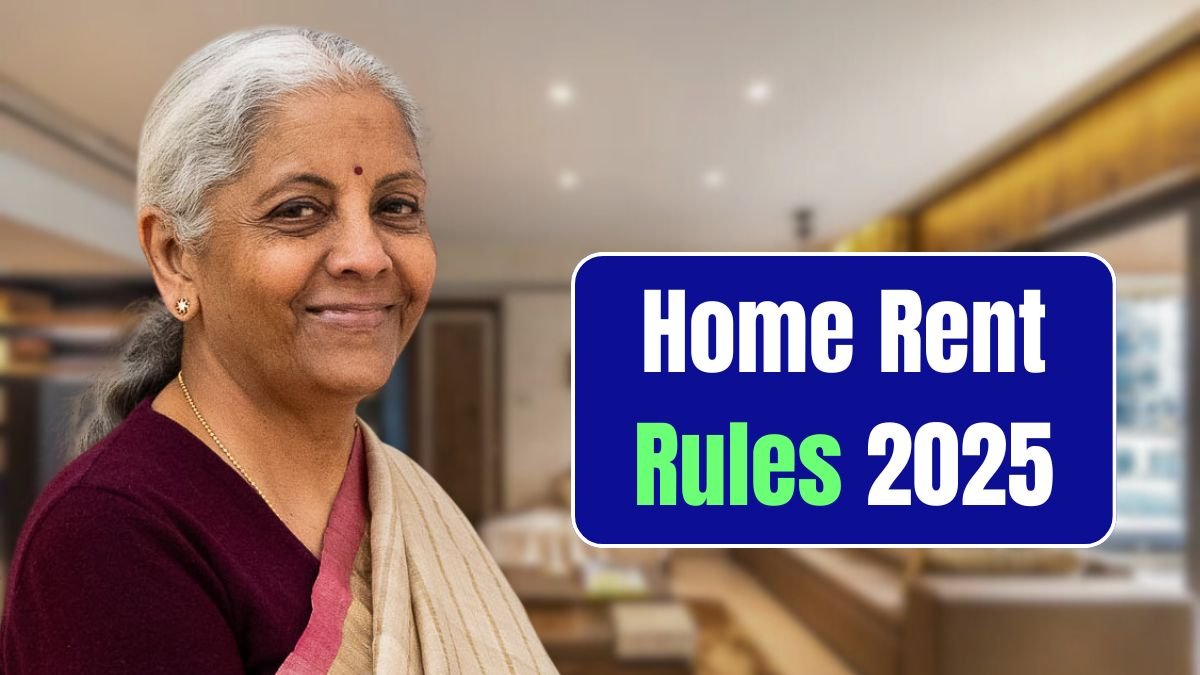There is a major change taking place in the rental housing market in India in 2025. Since more people are moving into cities and require affordable housing, the Home Rent Rules 2025 have been introduced by the government. It is hoped that making these changes will help ensure tenants and landlords are both protected, renting becomes more straightforward, and complaints are handled more easily.
Standardized Agreements and Digital Oversight
Landlords and tenants are now required to use the standard rent agreement format when making a tenancy contract. Because they both agree on key expectations, it is easier for each party to know what’s expected of them. Each deal reached should be registered at the local rent authority within 60 days so the details can be displayed on their website. As a result, there will be less uncertainty in the rules and people will be more responsible during rentals.
Controlled Rent Increases and Notice Periods
Now, landlords may increase tenants’ rent by 5% a year unless they state otherwise in the rental agreement. Besides, the landlord has to tell the tenant about any proposed increase three months before the date it will take effect. Because of this provision, tenants can plan their finances better and don’t have to worry about quick changes in their living sort.
Security Deposit and Maintenance Clarity
Now, the amount you need to pay as a security deposit is limited to two months’ rent, which is less for people to pay up front. Now, it is understood that landlords are required to do significant repairs, while tenants need to handle daily upkeep. The system is put in place to reduce conflicts and to protect the state of properties.
Taxation and TDS Reforms
To make a major change, the Act now lists rental income as “income from housing property” under Section 28. As a result, reporting taxes is easier for landlords, which uncovers more clear information about their earnings from rent. Furthermore, landlords earning up to ₹6 lakh a year will not have to pay taxes, which makes their financial situation easier.
Empowering Tenants and Landlords
Now that Model Tenancy Law is being implemented in each state, it explains specific rights for tenants, mainly that they cannot be evicted unlawfully and must live in a suitable apartment. They also appreciate the fact that it is swift and possible to take legal action for missed payments or damage to their properties.
Conclusion
These rules show that India is carefully redesigning its regulations for rentals. The new policies will hopefully improve fairness, transparency, and digital governance in the rental sector and thus ease the long-term conflicts between tenants and landlords. As the rules go into effect, both the renter and the landlord are urged to understand the new requirements and make necessary changes for their own and the other’s safety.
